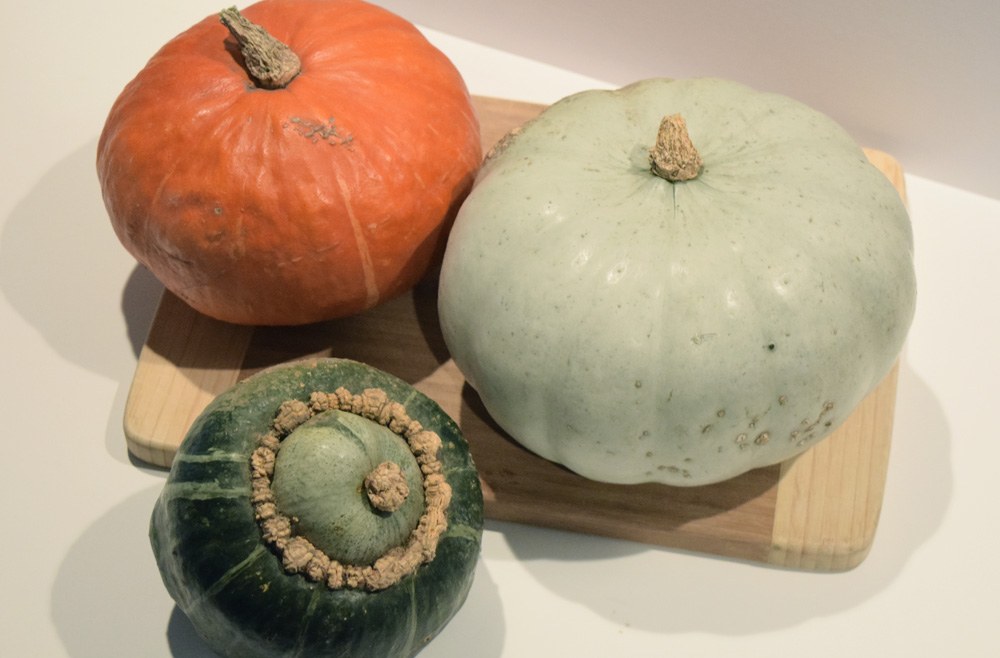3. Cancer Prevention
Squash has high levels of antioxidants which can reduce the risk of cancer by preventing free-radical damage to our cells.
Studies have shown that beta-carotene and the other carotenoids in squash can help prevent the growth of cancerous cells. There is also evidence that a high dietary intake of vitamin A can lower breast cancer risk among pre-menopausal women with a family history of breast cancer.
4. Healthy Eyes
Beta-carotene and vitamin A are both nutrients that support eye health. Consuming high levels of beta-carotene and vitamin A has been linked to a reduction in eye diseases such as macular degeneration, cataracts and glaucoma.
5. Blood Sugar Regulation
The glycemic index (GI) of winter squash is 8, which means it has a significantly lower absorption rate and effect on blood sugar. Squash also contains pectin, a type of dietary fiber that ensures the insulin and glucose activities in the body remain constant.
Squash is high in fiber, and a high-fiber diet helps regulate blood sugar level. Studies have shown type 1 diabetics who eat high-fiber diets have lower blood sugar levels, and type 2 diabetics have improved blood sugar, lipids and insulin levels. A one-cup serving of winter squash has 24 percent of your daily recommended intake of dietary fiber.
Click on Next for Winter Squash Recipes.


